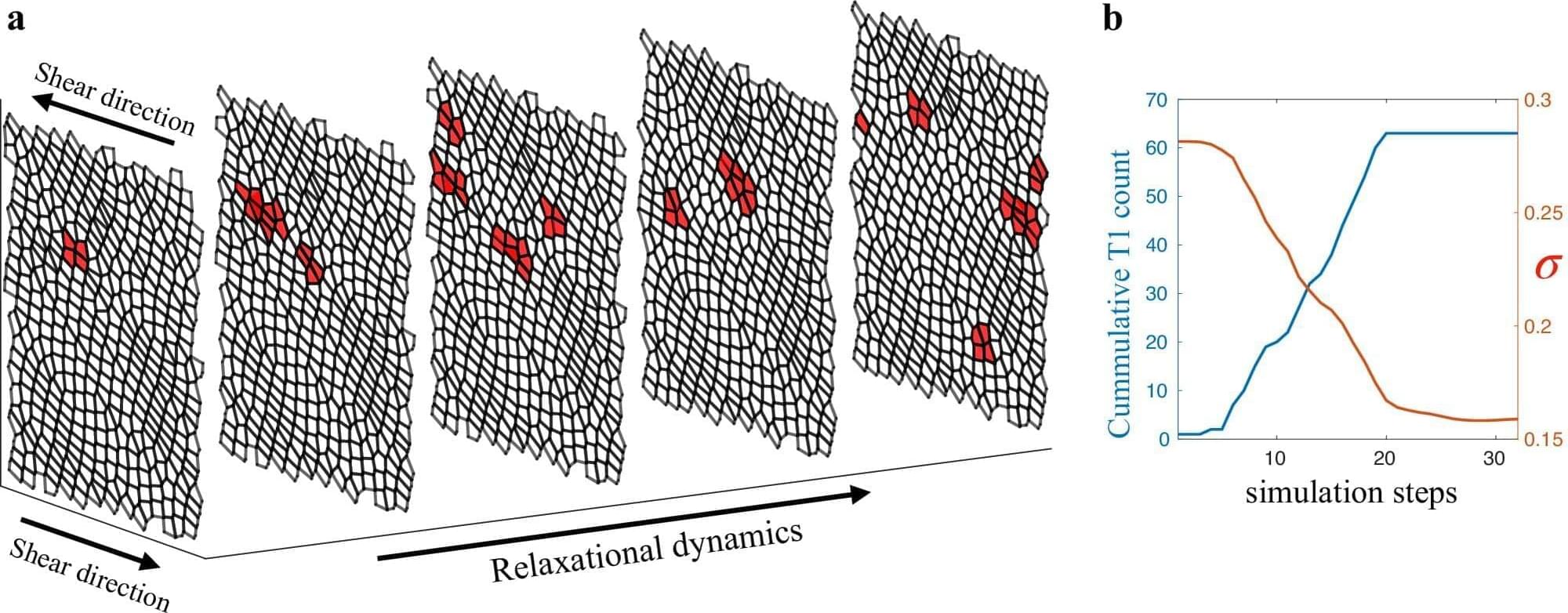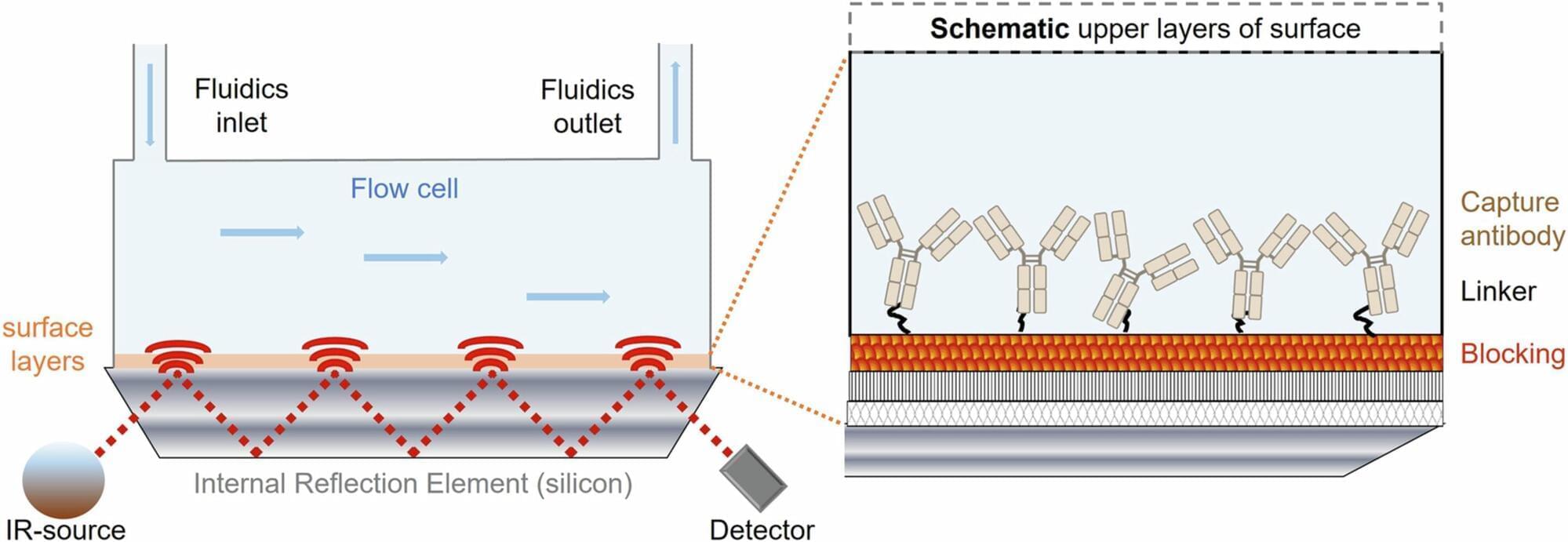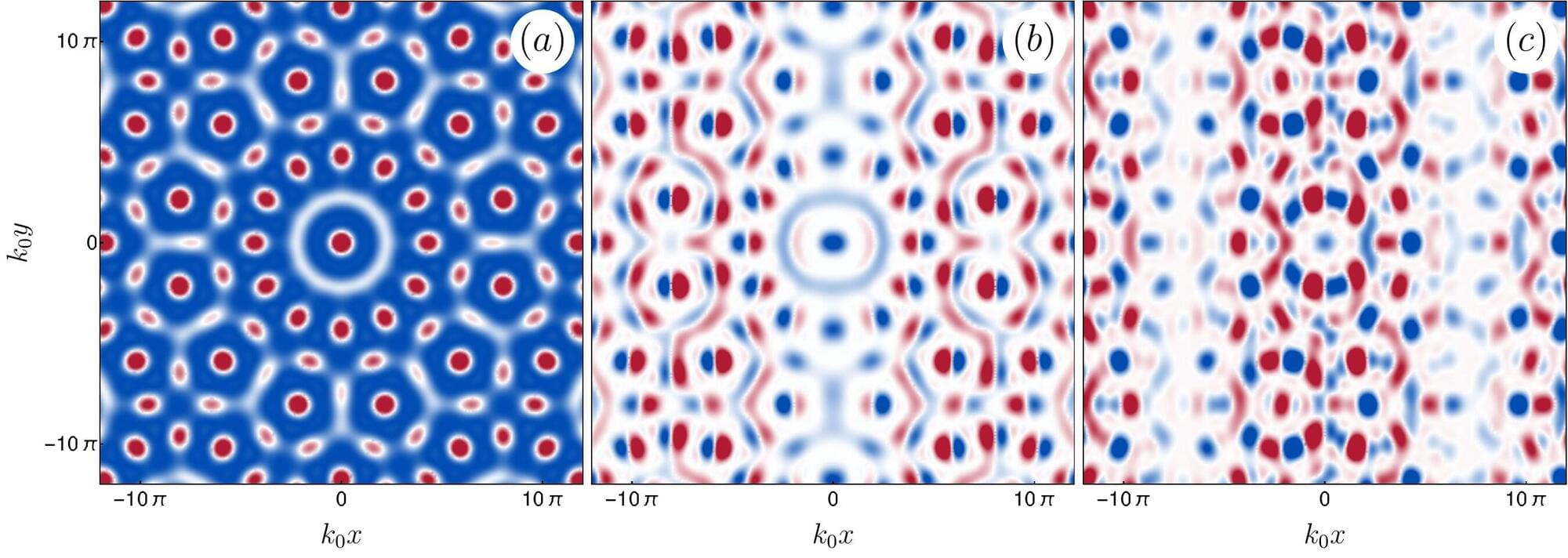An avalanche is caused by a chain reaction of events. A vibration or a change in terrain can have a cascading and devastating impact.
A similar process may happen when living tissues are subject to being pushed or pulled, according to new research published in Nature Communications, by Northeastern University doctoral student Anh Nguyen and supervised by Northeastern physics professor Max Bi.
As theoretical physicists, Bi and Nguyen use computational modeling and mathematics to understand the mechanical processes that organisms undergo on a cellular level. With this more recent work, they have observed that when subjected to sufficient stress, tissues can “suddenly and dramatically rearrange themselves,” similar to how avalanches are formed in the wild.






